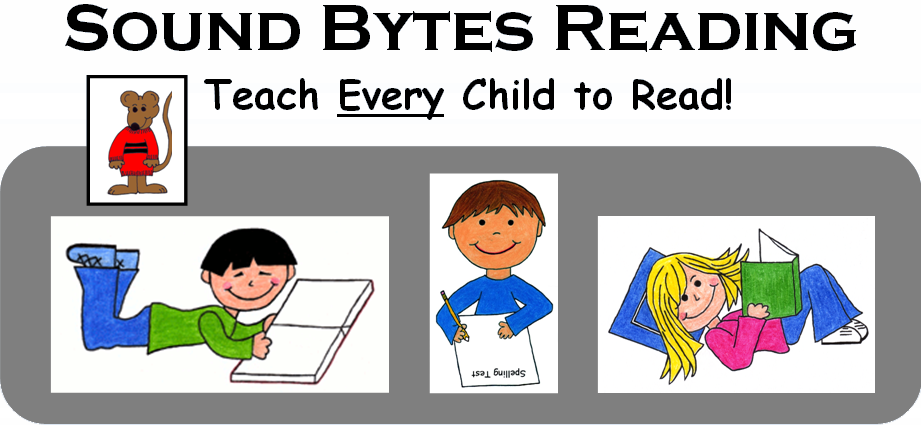Spelling for Beginning Readers – Part 2

Beginning readers should be learning to read decodable stories and they should be learning to spell the same decodable words they are learning to read. Reading can enhance spelling acquisition and proper spelling instruction can enhance reading ability. Spelling and reading are opposite directions on a two-way street.
Learning to spell will enhance phonemic awareness (the ability to hear and break words down into their individual sounds) and phonemic awareness improves reading ability.
Some children want to spell and write words before they can read. Beginning readers often ask how to spell words they want to write when they draw pictures. When students ask you to spell words, you can help them develop phonemic awareness by telling them the sound of each letter in the word they want to write instead of telling them the names of the letters.
This is what phonics is about—learning to associate letters with speech sounds rather than learning words as a whole unit. The more we use the sounds associated with the letters the more quickly students will remember them and use them when trying to spell words.
Spelling is easier for beginning readers if you teach it using phonetically consistent word lists. Use the words from the decodable story your child is reading. Make a game of spelling. You can purchase magnetic letters or plastic letter tiles, use wood tiles from a Scrabble game, or you can make your own letter tiles on the computer and print them onto heavy cardstock.
Look for next week’s post—a simple spelling game to try with your beginning readers.
If you wish to purchase letter tiles you can find magnetic or plastic ones here:
http://bit.ly/124GmWc -or- http://bit.ly/ViTbqC -or- www.abcstuff.com
